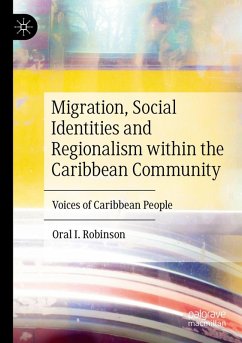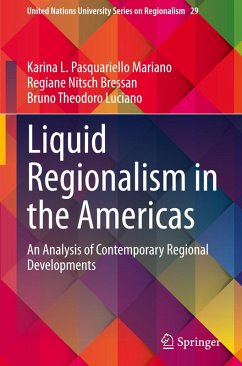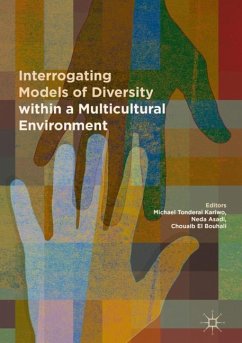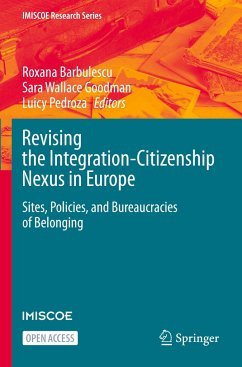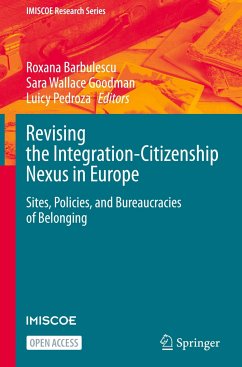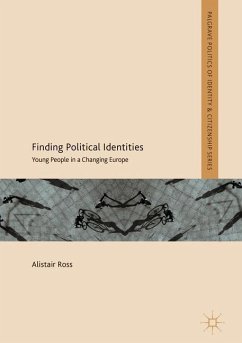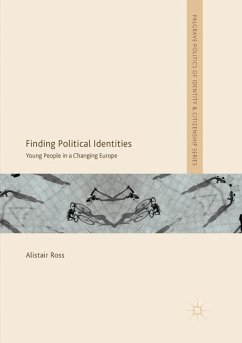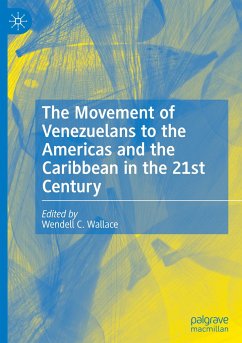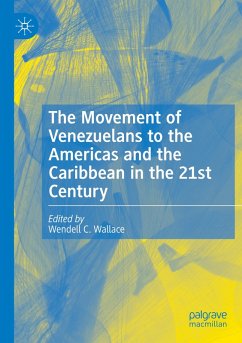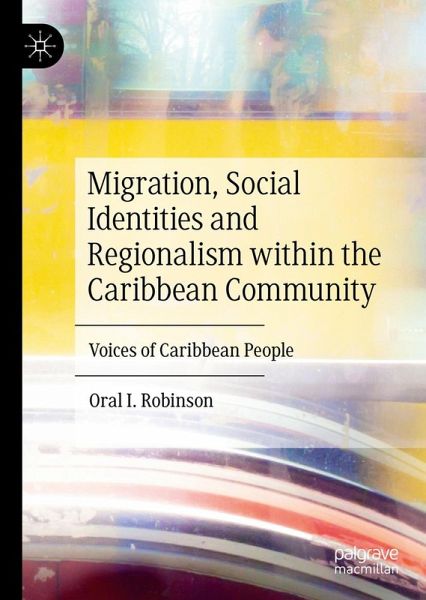
Migration, Social Identities and Regionalism within the Caribbean Community
Voices of Caribbean People
Versandkostenfrei!
Versandfertig in 6-10 Tagen
38,99 €
inkl. MwSt.
Weitere Ausgaben:

PAYBACK Punkte
19 °P sammeln!
This book offers a theoretical and substantive analysis of intra-Caribbean migration, perception of regionalism, and the construction of identities among Caribbean nationals. Through a multi-methods study in the 15 member countries of the Caribbean community, Oral Robinson explores how intra-Caribbean migrants experience living within different member countries, and how these experiences and perceptions influence ideas about citizenship, belonging, and identity. Responding directly to the lack of scholarship on how Caribbean nationals feel about integration and/or free movement within their ow...
This book offers a theoretical and substantive analysis of intra-Caribbean migration, perception of regionalism, and the construction of identities among Caribbean nationals. Through a multi-methods study in the 15 member countries of the Caribbean community, Oral Robinson explores how intra-Caribbean migrants experience living within different member countries, and how these experiences and perceptions influence ideas about citizenship, belonging, and identity. Responding directly to the lack of scholarship on how Caribbean nationals feel about integration and/or free movement within their own countries and other Caribbean countries, this volume attempts to understand Caribbean societies historically, theoretically, and methodologically; proposes bases of social identities in the Caribbean; and examines how intra-Caribbean migrants negotiate their identities and narrate their lived experiences as intra-Caribbean migrants. The book offers policy solutions based upon its findings,reconciling practice, theory, and migration policies in the Caribbean.





